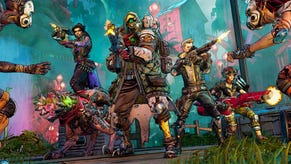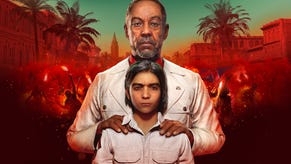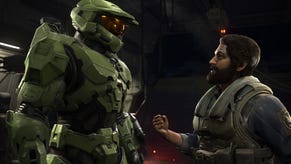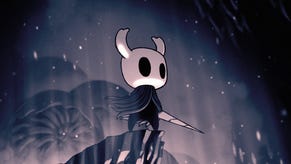Far Cry 6 narrative director says the game's story "is political"
In case you foolishly thought otherwise
In a blog post published yesterday, Far Cry 6 narrative director Navid Khavari wrote that the game's story "is political." The post is a response to comments Khavari made in an interview last week, which were taken out of context to make it seem as if he was claiming otherwise.
"Our story is political," the post begins.
"A story about a modern revolution must be. There are hard, relevant discussions in Far Cry 6 about the conditions that lead to the rise of fascism in a nation, the costs of imperialism, forced labor, the need for free-and-fair elections, LGBTQ+ rights, and more within the context of Yara, a fictional island in the Caribbean. My goal was to empower our team to be fearless in the story we were telling, and we worked incredibly hard to do this over the last five years. We also tried to be very careful about how we approached our inspirations, which include Cuba, but also other countries around the world that have experienced political revolutions in their histories."
The post goes on to talk more about the research conducted, the efforts gone to, and Khavari's family's personal connection to revolution.
In a round of interviews given last week to coincide with the Far Cry 6 gameplay reveal, Khavari had spoken about the team's research into Cuba specifically. "When we came out of that, it wasn’t that we felt we had to do Cuba," he said. "We realised it’s a complicated island and our game doesn’t want to make a political statement about what’s happening in Cuba specifically."
That quote was then truncated to simply "doesn't want to make a political statement", lopping off the "about what's happening in Cuba specifcally" in headlines and tweets. This in turn prompted the now traditional wave of dunks on what seemed like another game developer claiming that a clearly political videogame wasn't political.
Videogames about war and revolution are political, and it is obviously silly when a developer claims otherwise. That's not what happened here, though.
Even if Far Cry 6's narrative director had said that their game wasn't political, challenging Ubisoft on their marketing line only prompts them to have a better marketing line in future. It's less important than specifically interrogating what Far Cry 6's politics are and where they might succeed or fail, but conversations like that get more difficult to have everytime the discussion is framed as a binary by gotcha quotes and dunk tweets.
There are plenty of more honest reasons to criticise the politics of Far Cry games - and just as many good reasons to criticise Ubisoft.










